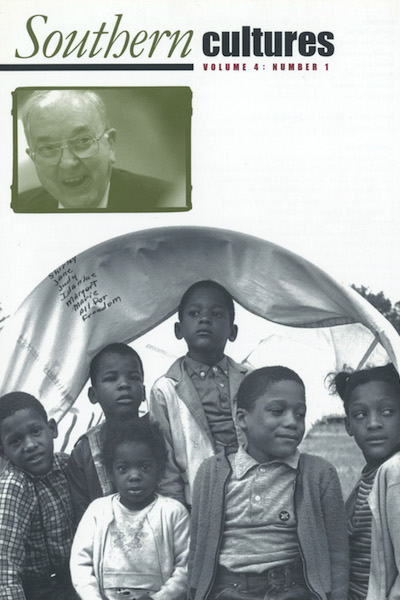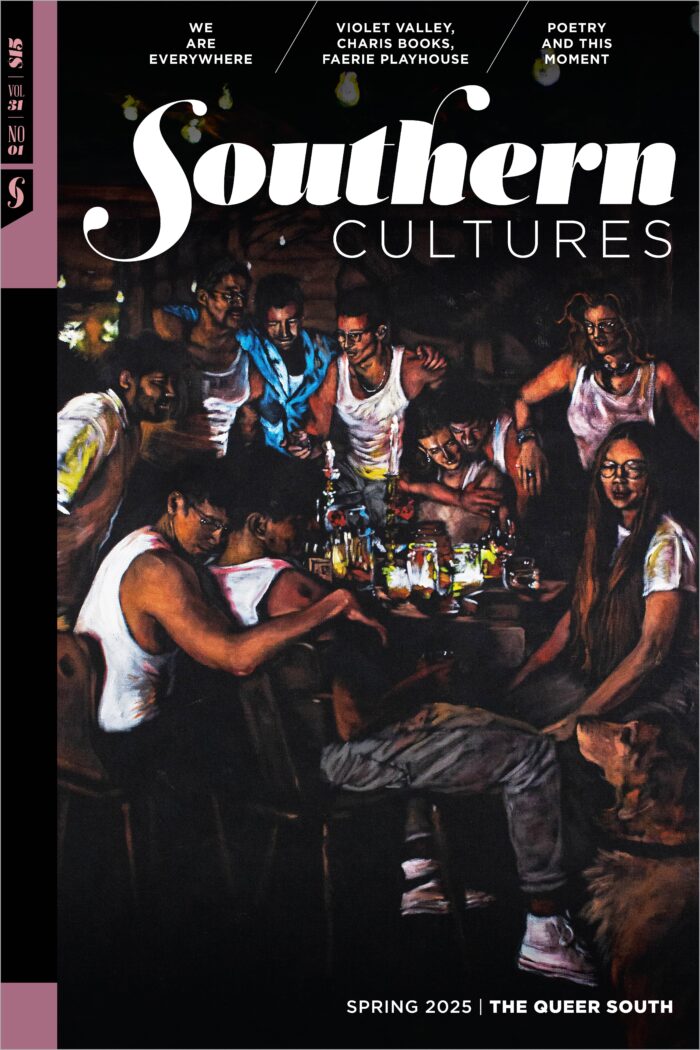University of North Carolina Press, 1996
Some years back I heard a conference talk in which Darlene Clark Hine pondered the focus of recent scholarship on the experience of non-whites and non-elites in American history. Although she heartily commended all efforts to bring the stories of traditionally subordinate groups to light, Hine caught many of her listeners off guard by pointing out that our understanding of culturally dominant group is also still far from complete. Moreover, she emphasized the ongoing need for historians to pursue knowledge of white elites in order to foster comprehension of how and for what purpose they have so persistently oppressed those “others” whose history has lately been more in vogue. I found Hine’s position compelling, perhaps because at the time I was working on a book of white middle-class women’s history. But I also think that Hine’s position in and of itself has merit, and that Drew Gilpin Faust’s Mothers of Invention: Women of the Slaveholding South in the American Civil War is precisely the sort of richly illuminating study of white elites to which Hine referred.


